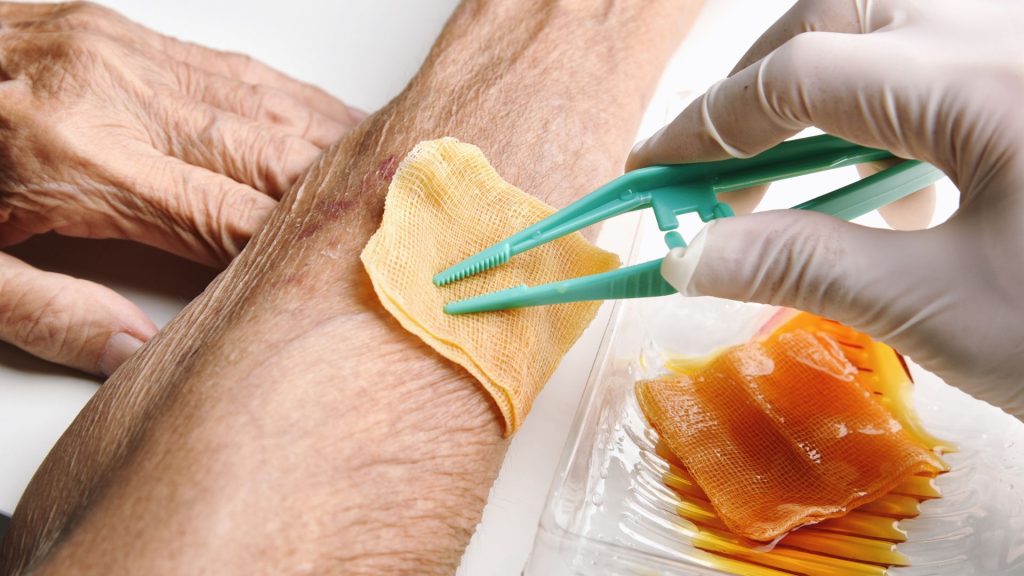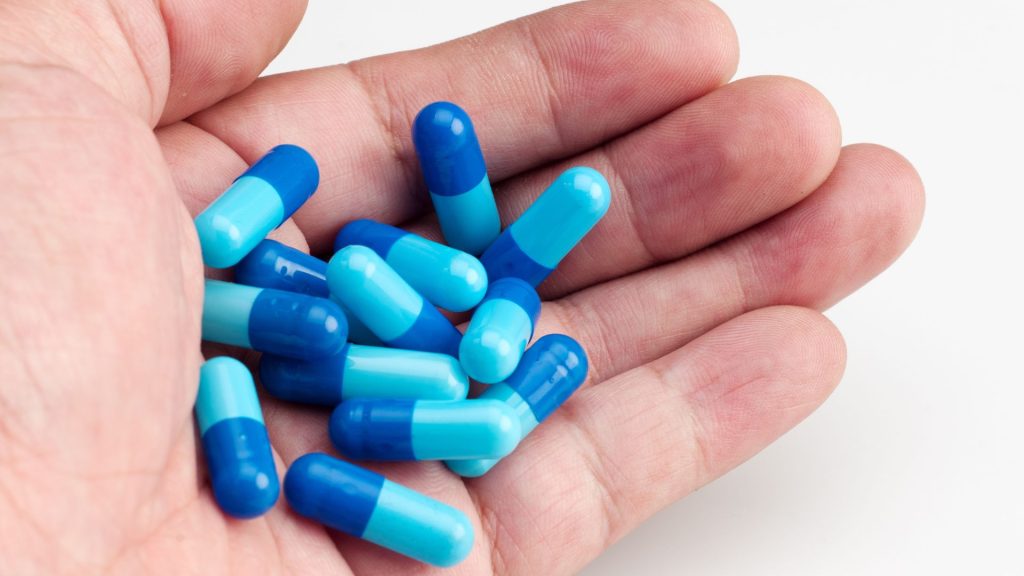Hidradenitis Suppurativa (HS) brings more than just painful bumps. That persistent, unpleasant odor from lesions can chip away at self-esteem and daily life. But don’t lose hope! We’ve got practical tips and tricks to manage HS odor effectively.

Understanding the Cause of the Odor
The unpleasant odor associated with Hidradenitis Suppurativa (HS) is primarily due to the presence of bacteria on the skin and in the pus-filled abscesses. When bacteria break down the sweat, apocrine gland secretions, and dead skin cells, they produce compounds called volatile organic compounds (VOCs), which are responsible for the smell.
Managing HS Odor:
1. Good Hygiene Practices
Maintaining good hygiene is essential for managing HS odor. Regularly cleansing the affected areas with a gentle, fragrance-free soap can help reduce bacteria and odor. Be sure to rinse thoroughly and pat the skin dry, as rubbing can irritate the skin and exacerbate the condition.
2. Topical Antiseptics
Using an over-the-counter topical antiseptic, such as benzoyl peroxide or chlorhexidine, can help to kill bacteria and reduce the associated odor. Apply the antiseptic to the affected areas after cleansing and drying the skin. Be sure to follow the product’s instructions and consult your healthcare provider before using any new treatments.
3. Wound Care
Proper wound care is crucial for managing odor and promoting healing. Keep any open sores clean and dry, and cover them with a sterile, non-stick dressing. Change dressings regularly, and avoid using adhesive bandages that may further irritate the skin.
4. Use of Absorbent Pads
Using absorbent pads or dressings can help to wick away moisture and reduce odor. Place the pad between the affected skin folds to help absorb sweat and exudate. Be sure to change the pad regularly to maintain its effectiveness.
5. Antiperspirants
Using a clinical-strength antiperspirant on the affected areas can help to control sweating and reduce odor. Look for an antiperspirant containing aluminium chloride, as this ingredient is known to be effective in controlling sweat.
Apply the antiperspirant at night, when the sweat glands are less active, to allow the product to penetrate the sweat glands and block perspiration. Be cautious when using antiperspirants on broken skin, as this may cause irritation.
6. Oral Antibiotics
In some cases, your healthcare provider may prescribe oral antibiotics to help control the infection and associated odor. Be sure to take the medication as prescribed and complete the full course of treatment, even if your symptoms improve before the medication is finished.
7. Diet and Lifestyle Changes
Some people with HS find that certain foods or lifestyle factors can trigger flare-ups and increase odor. Identifying and avoiding these triggers can help to manage the condition. Common triggers include smoking, wearing tight or synthetic clothing, and consuming high-glycemic-index foods.
Additionally, maintaining a healthy weight may help to reduce friction between skin folds and decrease the severity of HS symptoms.

The Bottom Line
Living with Hidradenitis Suppurativa can be challenging, especially when it comes to managing the unpleasant odor associated with the condition. However, by understanding the causes of HS odor and following the tips and tricks mentioned above, you can effectively manage the odor and improve your quality of life.
Remember, consulting a dermatologist and following their advice is crucial in managing and preventing HS and its associated symptoms.
At Canadian Hidradenitis Suppurativa Foundation, we are here to help you manage your Hidradenitis Suppurativa symptoms. Our team of health coaches can provide you with personalised guidance to help you find the best treatment options for your individual needs. Contact us today!
